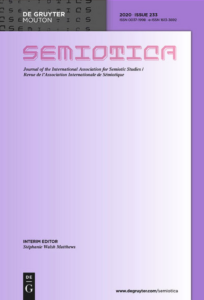P02 - Media of Praxeology II: Anthropology of Cooperation: Skill, Deixis, Interaction
Dr. Christian Meier zu Verl
(Associate Member)
Prof. Dr. Christian Meyer
(Former Principal Investigator)
Dr. Andrea Ploder
(Associate Member)
"The project investigates the astonishing convergence between different basic researches that strive for an anthropological generalization: The specifically human nature of Homo sapiens sapiens is seen in its ability to cooperate and the ability to cooperate is identified both ontogenetically and phylogenetically with transitions to the potential of cooperative pointing."
Executive Summary
The sub-project's topic is the amazing convergence between different fundamental researches that strive for anthropological generalization: The specifically human of Homo sapiens sapiens is seen in its ability to cooperate, which is identified both ontogenetically and phylogenetically with transitions to the potential of cooperative pointing. In current practice-theoretical variants, cooperative pointing is also characterized by the fact that it develops and limits skills in a specific form; skills that can be taught and learned through cooperative seeing and pointing (through professional vision in communities of practice) as well as media that can be formed ad hoc or made permanent.
Despite its different manifestations in linguistics, linguistic anthropology, behavioral research, developmental psychology, ethnomethodology, conversation analysis, distributed cognition and various philosophical discussions, this convergence has not produced any overarching terminology. So far, it has mainly been a patchwork of theoretical drafts, the attraction of which is precisely that they combine a basically recognizable convergence with disciplinary clarifications and empirical investigations. This constellation also challenges the history of science, insofar as the corresponding research connects to social-theoretical drafts of the category "interaction" ("Wechselwirkung"), the category that Georg Simmel used for good reasons at the end of the 19th century to justify "socialization" ("Vergesellschaftung") and by various other transfer routes back into German and partially translated: e.g. as "interaction" (from the American translation of "Interaction" in Chicago) and "reciprocity" in Durkheim and Mauss, but also as "mutuality" and "cooperation" (in structuralism and in phenomenology). The sub-project is dedicated to synthesizing this largely unrecognized conceptual and research history(s), including a series of media terms that were derived outside of media studies, primarily from terms of "mediation"; an interdisciplinary specialist history of linguistics, sociology and anthropology, as well as last but not least a media theory of cooperation, which should be able to cope with the oldest and newest media.
- Examining the role of pointing (including deixis and indexicality) in anthropological research.
- Research on the history of the concept of interaction (or reciprocity, reciprocité).
- The examination of skills, especially in the areas of cooperative skill learning and their deixis and indexicality.
The Anthropological Nucleus:
- Pointing is cooperative seeing.
- Cooperative seeing is cooperative learning.
- Cooperative learning creates shared "skills".
The model for the form of the desired theoretical synthesis is Karl Bühler's “Krise der Psychologie”.
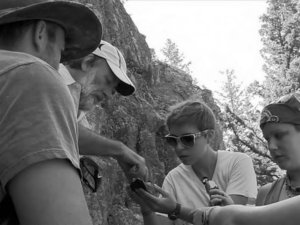
(© Cambridge University Press)
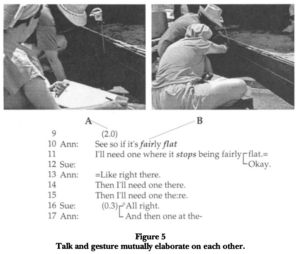
(© Cambridge University Press)
Sub-project P02 is oriented towards the history of science and is based on four types of data:
- publications
- unpublished writings
- artifacts, audio and video recordings, notes and other (archive) material
- Oral History interviews with central protagonists of the projects and experts on individual parts of the relevant conceptual history
This data is analyzed with a view to the historical development of theories, practices and controversies. In the sense of source criticism, they are scrutinized with regard to their context of origin, the publics addressed and the interests and institutional contexts of those who produced and preserved them.
The work program consists of three work packages, which include the following steps:
WP1 Pointing
- Interviews with experts in the history of psychology
- Archive research
WP2 Interaction
- Archive researches
WP3 Skills
- Oral History interviews
- Expert Interviews
In addition, a workshop will be organized in each of the three work phases, the contributions of which will be published in elaborated form.
The three work packages will be processed in the first three years. The results will be synthesized in the fourth year.
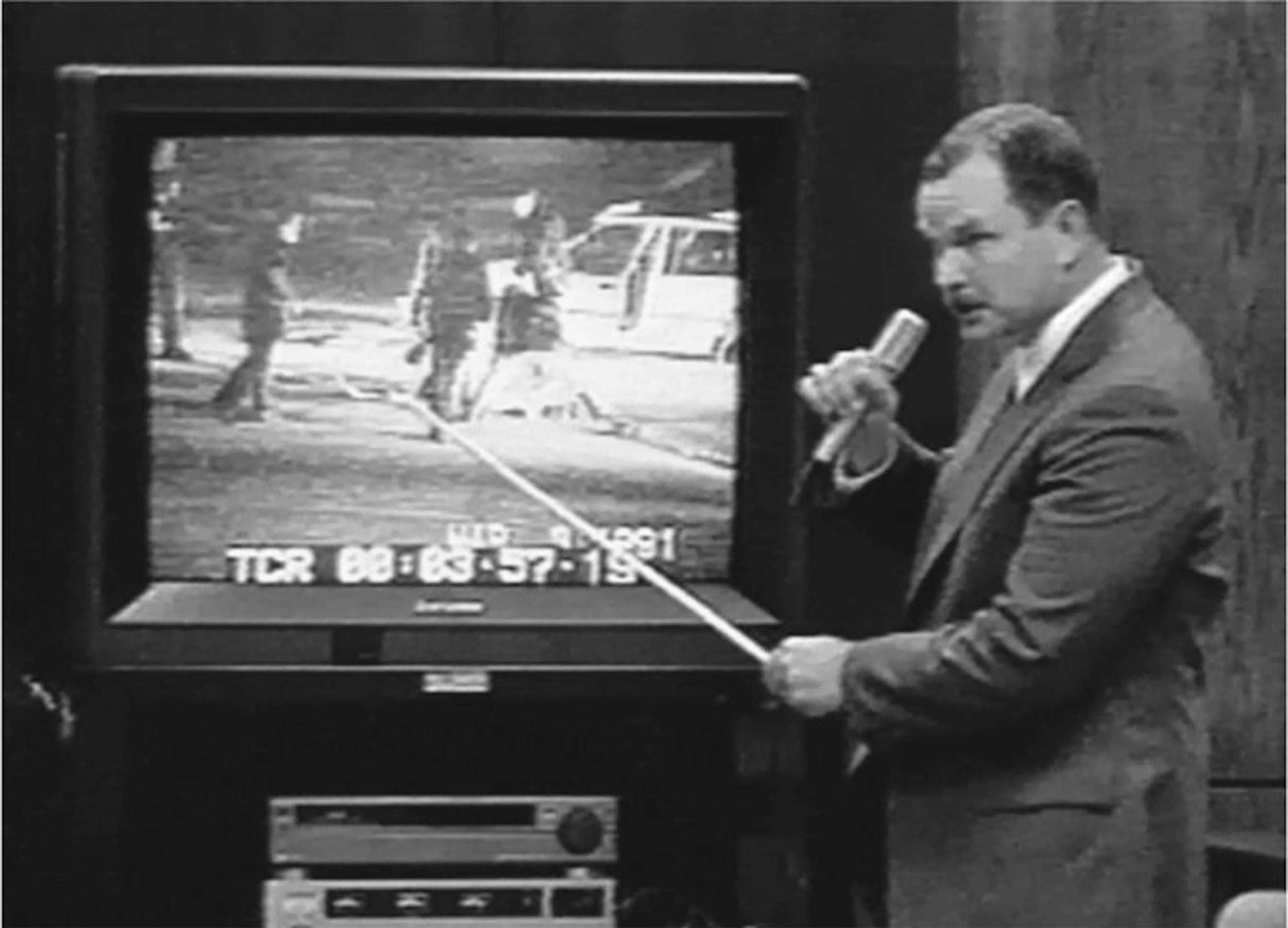
(© Co-Operative Action (2018), S. 415)
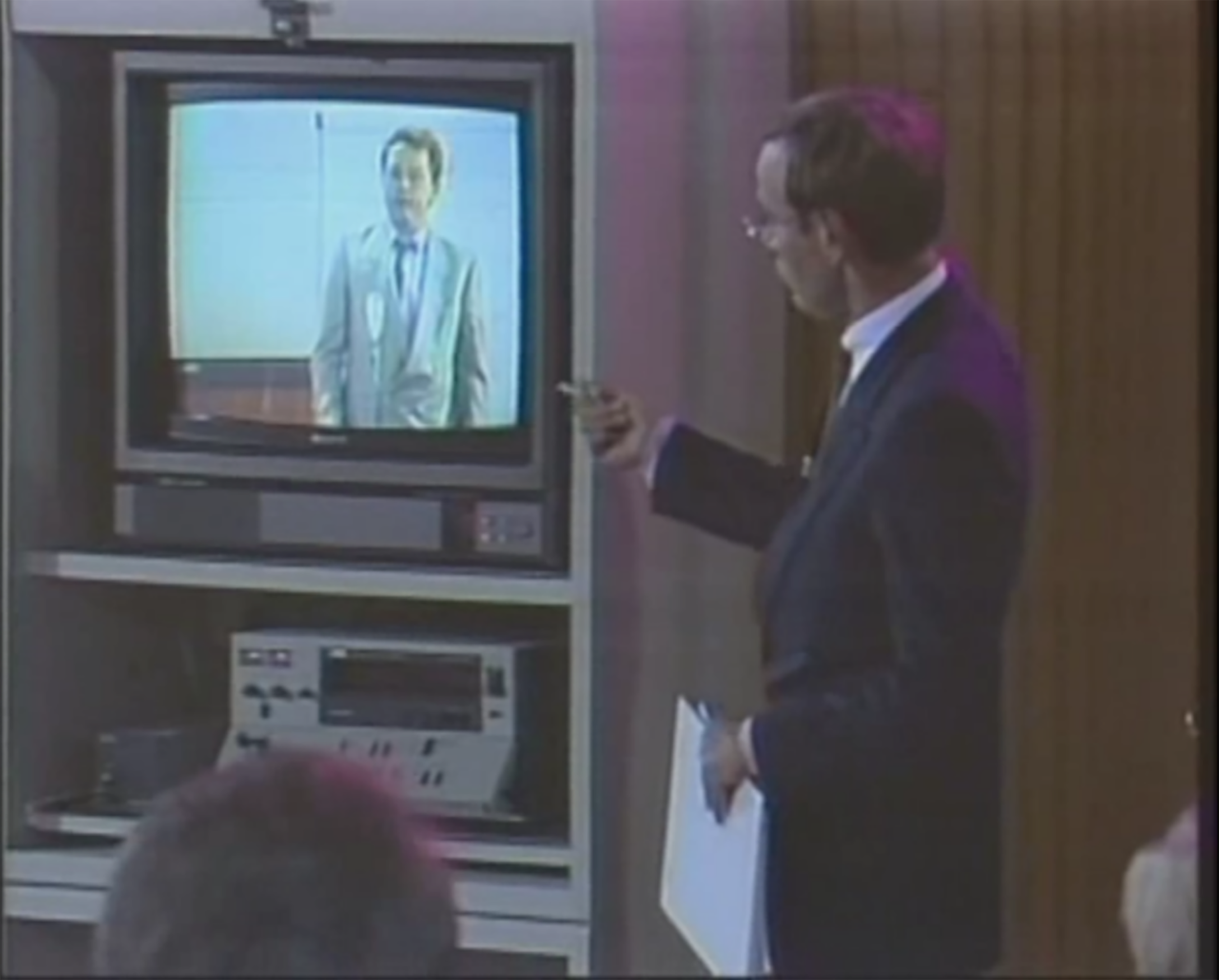
(© Harun Farocki GbR, Berlin)
➔ Find the Project Archive 2020–2023 here
Publications
Current
From Sprachtheorie to Semantics and Cybernetics: Karl Bühler’s ‘Pocketbook on Practical Semantics’
Among the many Central European scholars and intellectuals driven into exile across the Atlantic in the 1930s was the prominent Vienna psychologist Karl Bühler (1879–1963). Bühler had great difficulty establishing himself in his new home of the United States, despite his attempts to adapt his ideas to the American scene. In this paper, we look at one such attempt at adaptation, the unpublished manuscript of Bühler’s “Pocketbook on Practical Semantics”, an effort to turn the Sprachtheorie of his Vienna period into a contribution to the applied semiotics and communications research popular in America at the time. Our paper represents the first detailed examination of the “Pocketbook” manuscript that places it in its context in the history of semiotics.
McElvenny, James, und Clemens Knobloch. 2023. “From Sprachtheorie to Semantics and Cybernetics: Karl Brühler's ‘Pocketbook on Practical Semantics’”. Semiotica. Journal of the International Association for Semiotic Studies 251 (2023): 39-54. DOI: https://doi.org/10.1515/sem-2022-0046.



